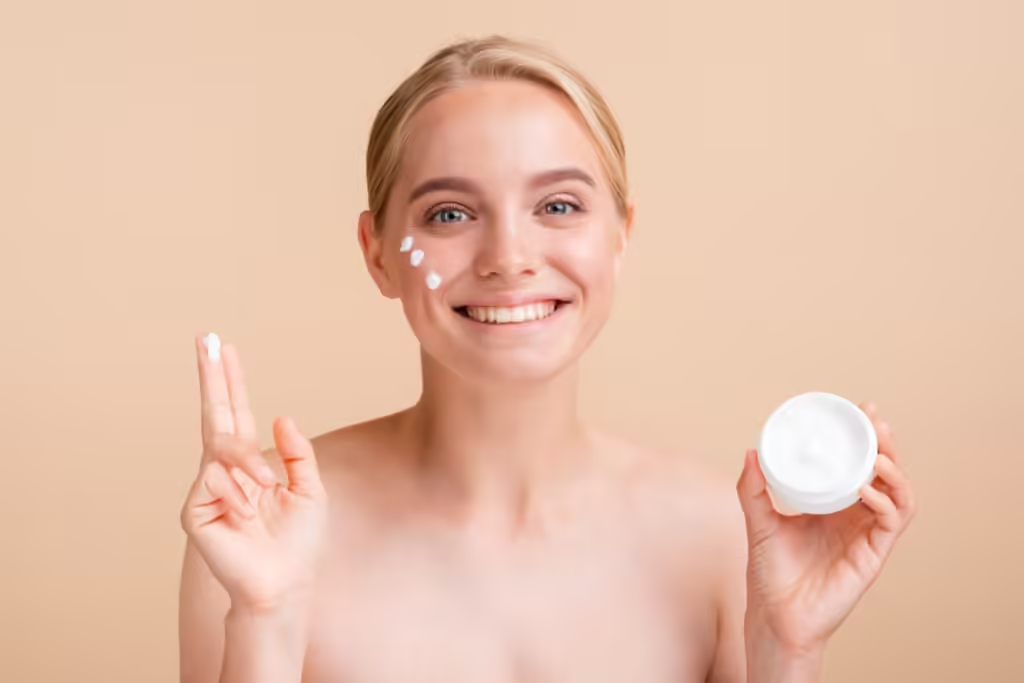
Advances in Sunscreen Formulation: A Guide to Modern UV Filters
Sunscreen is a critical component of any skincare routine, especially with growing awareness of the damage caused by UV radiation. Harmful rays can lead to premature aging, hyperpigmentation, and even skin cancer. In recent years, the demand for more effective, environmentally friendly sunscreens has grown significantly. This article delves into the advances in sunscreen formulation, specifically focusing on modern UV filters and their role in shaping the future of sun protection.
Trend Overview: Shifting Focus in Sunscreen Formulation
The personal care industry is constantly evolving, and sunscreen formulation is no exception. Key trends are reshaping consumer preferences:
- Broad-spectrum protection: Consumers are increasingly aware of the need for sunscreens that protect against both UVA (aging) and UVB (burning) rays.
- Reef-safe formulations: Traditional UV filters like oxybenzone and octinoxate have been linked to coral reef bleaching. As a result, “reef-safe” sunscreens that exclude these ingredients are becoming popular.
- Mineral-based sunscreens: Demand for physical UV filters like zinc oxide and titanium dioxide has risen due to concerns about chemical filters’ environmental impact and their suitability for sensitive skin.
Supporting Data: A Mintel report found that 68% of consumers in the U.S. are now more likely to purchase sunscreens labeled as “reef-safe” or “environmentally friendly.” In Europe, demand for mineral-based sunscreens has grown by 23% in the last five years.
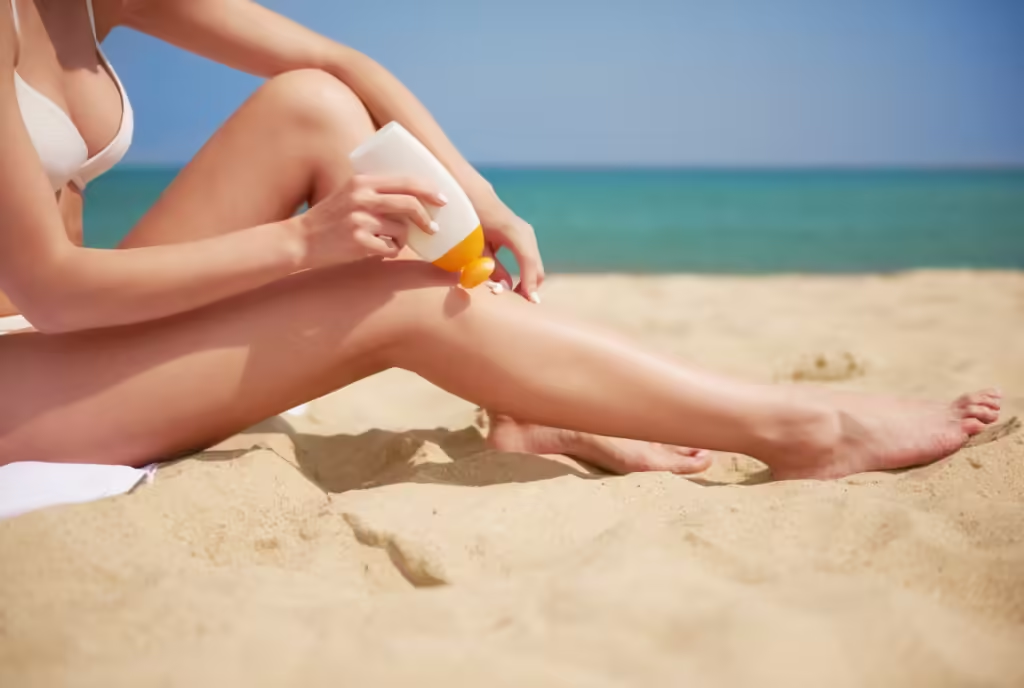
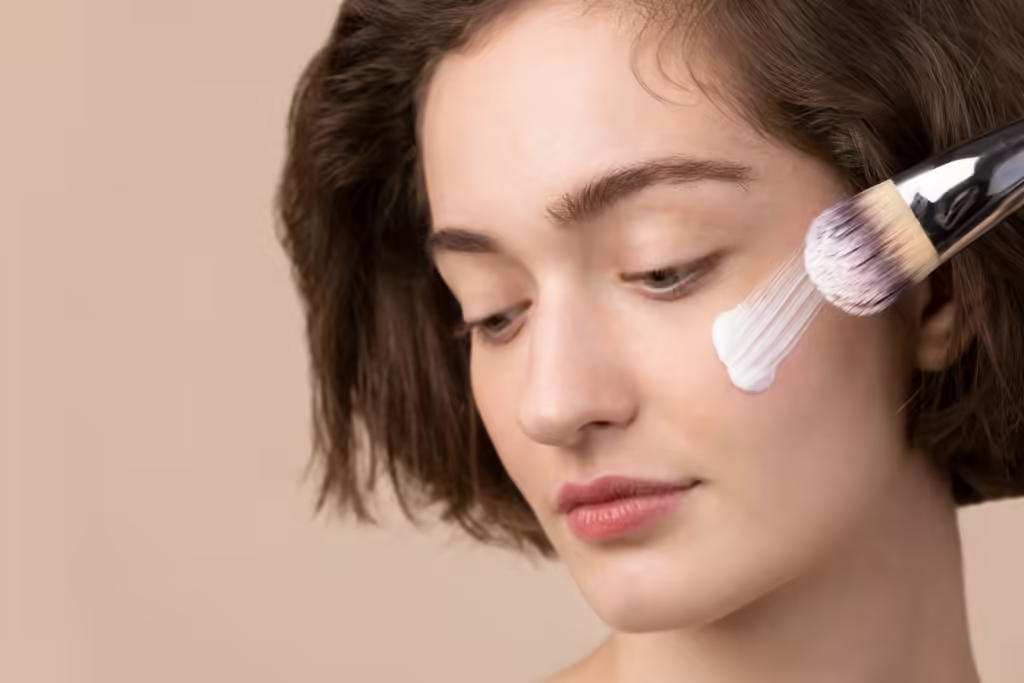
Scientific and Technological Innovations in UV Filters
Organic (Chemical) UV Filters
Organic UV filters absorb UV radiation and convert it into heat. These filters are lightweight and invisible on the skin but come with safety and environmental concerns. Modern formulations, however, address these issues.
- Tinosorb S and M: These next-gen filters offer broad-spectrum protection and are photostable, meaning they degrade slowly under sunlight.
- Mexoryl XL and SX: Patented by L’Oréal, these filters are known for superior UVA protection. They are popular in Europe but are still under review by the FDA for U.S. markets.
Research Insight: A 2023 study published in Photodermatology showed that Mexoryl SX provides three times more UVA protection than older filters like avobenzone, making it an ideal choice for anti-aging sunscreens.
Inorganic (Mineral) UV Filters
Inorganic UV filters like zinc oxide and titanium dioxide are physical blockers. They scatter UV rays, providing broad-spectrum protection. Recent innovations have reduced the traditional “white cast” associated with these sunscreens.
- Micronized Zinc Oxide: Reducing the size of zinc oxide particles has made these sunscreens more cosmetically elegant, providing better UVA protection.
- Coated Titanium Dioxide: Coating this filter improves its photostability and reduces its potential to generate harmful free radicals.
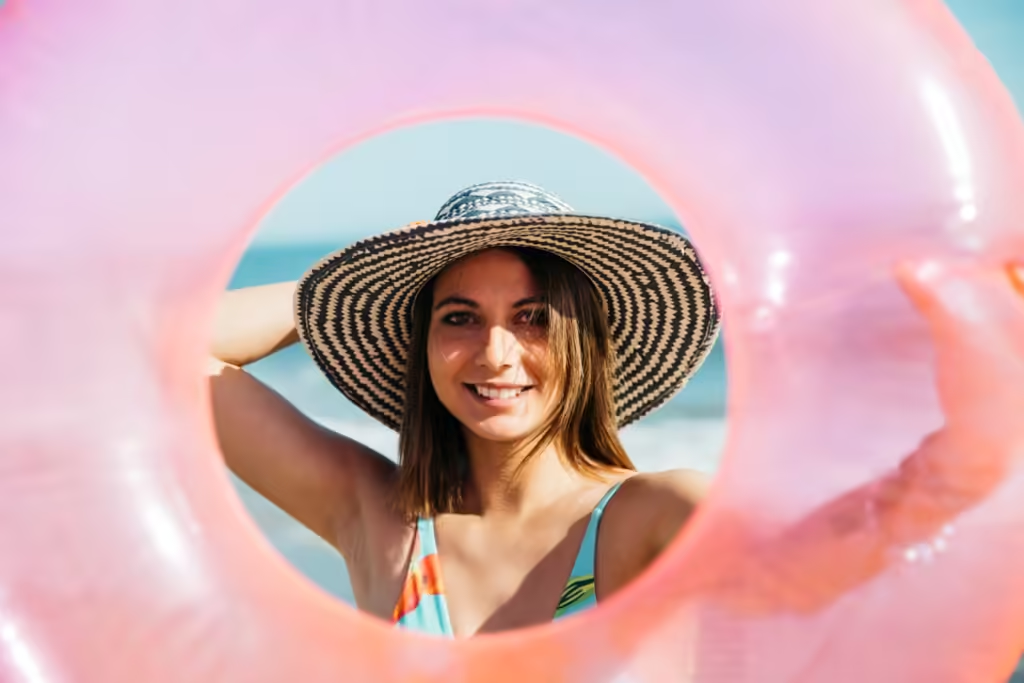
Sustainability and Ethical Consumerism in Sunscreen Formulation
Reef-Safe Formulations
Environmental concerns over chemical UV filters have prompted the development of reef-safe alternatives. Non-nano zinc oxide is a popular choice for eco-conscious consumers.
- Non-Nano Zinc Oxide: This mineral filter provides broad-spectrum protection without harming coral reefs, making it the go-to for beach-goers concerned about marine life.
- Biodegradable Packaging: Many brands are also shifting to sustainable packaging materials, such as biodegradable or recyclable tubes.
Consumer Interest in Ethical Sunscreen
Consumers are now gravitating toward sunscreens labeled as “clean” or “organic,” with transparency in ingredient sourcing becoming a key purchase driver.
According to a 2024 NPD Group survey, 55% of sunscreen buyers aged 25-45 prefer products labeled as “clean” or “organic,” especially if they are reef-safe and sustainably packaged.
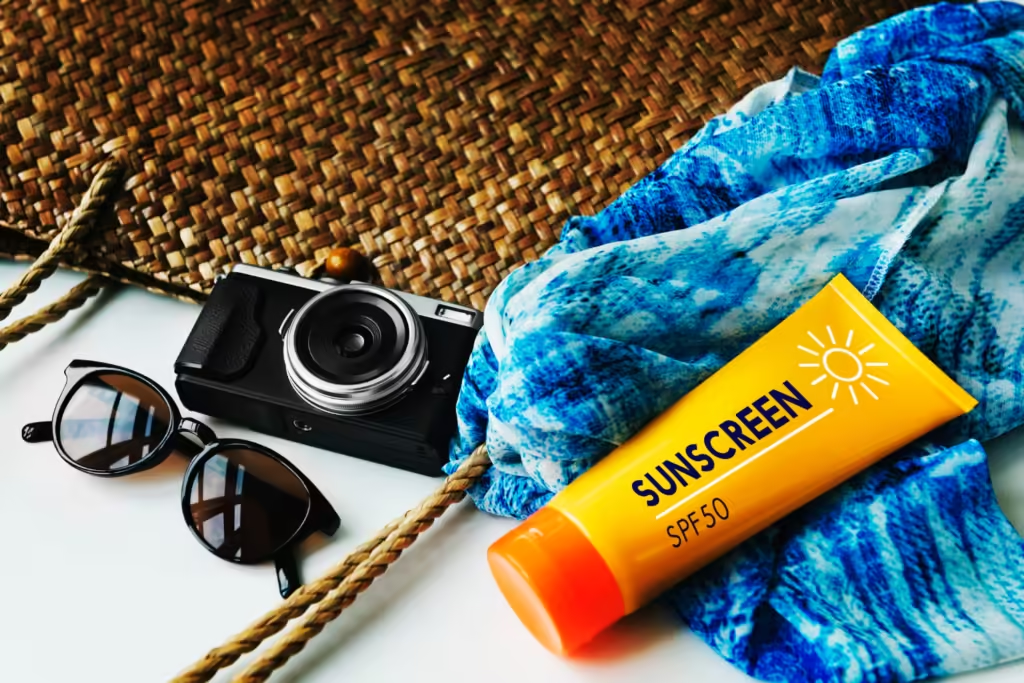
Consumer Insights & Behavior
Gen Z and Millennial Preferences
Younger consumers are leading the demand for innovative sunscreens. These groups seek products that offer both efficacy and environmental responsibility.
Demand for Multi-Functional Products
Multi-functional sunscreens—such as moisturizers with SPF or anti-aging serums with UV filters—are increasingly popular, offering convenience and comprehensive skin protection.
Example: Tinted sunscreens like EltaMD’s mineral-based options cater to consumers seeking both coverage and sun protection.
Market and Brand Examples
Case Study: La Roche-Posay’s Anthelios Line
La Roche-Posay’s Anthelios line features Mexoryl filters, offering superior broad-spectrum protection. It is also marketed as safe for sensitive skin, addressing consumer concerns about efficacy and skin compatibility.
Indie Brands: Embracing Sustainability
Indie brands like Suntegrity have capitalized on the demand for reef-safe, clean sunscreens. These brands emphasize transparency and environmentally friendly practices, appealing to eco-conscious consumers.
Regulatory and Industry Challenges
FDA and EU Regulations
Sunscreen formulation is often hampered by varying regulatory standards. While Europe has approved next-generation UV filters like Tinosorb, the FDA is still evaluating these for use in U.S. products.
Environmental Compliance
Brands must also adhere to evolving environmental regulations, such as Hawaii’s ban on oxybenzone and octinoxate, to ensure they remain in compliance with local laws.
Data Insight: The Personal Care Products Council reports an increase in sunscreen reformulations due to environmental regulations, with brands focusing on creating eco-friendly, effective products.
The Future of Sunscreen Formulation
The future of sunscreen lies in balancing efficacy, environmental responsibility, and consumer convenience. As new UV filters like Mexoryl and Tinosorb gain popularity, and as consumers demand reef-safe, multi-functional products, brands will continue to innovate. With advances in mineral-based sunscreens and sustainable packaging, consumers can expect more choices that protect their skin while being mindful of the planet.

© beautilab 2024. All Rights reserved.